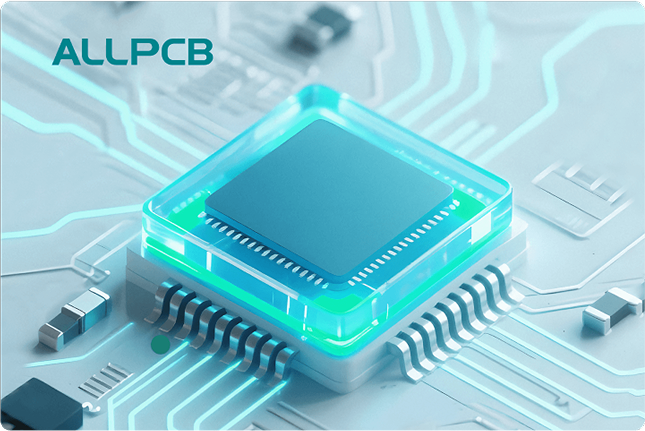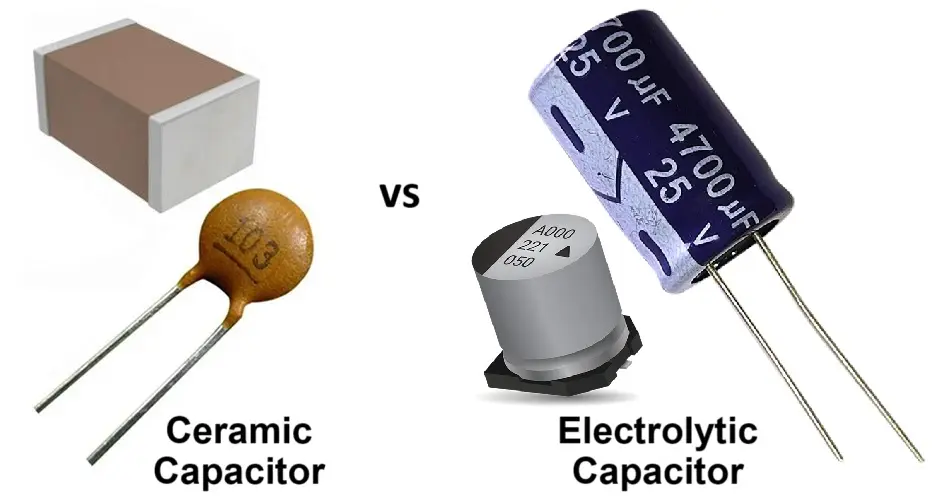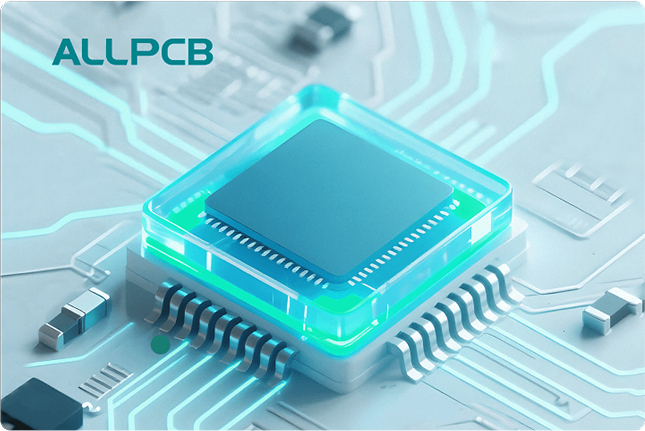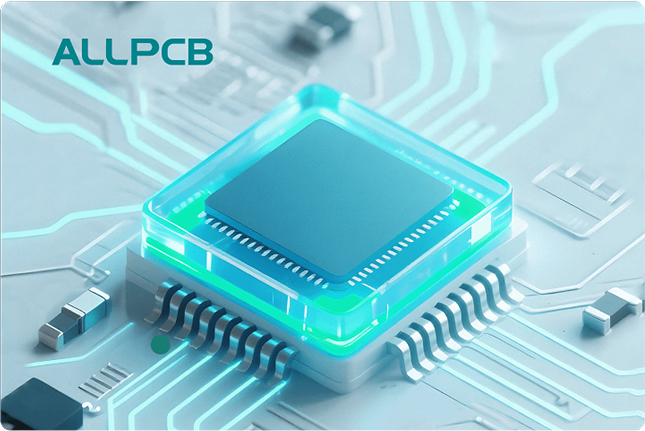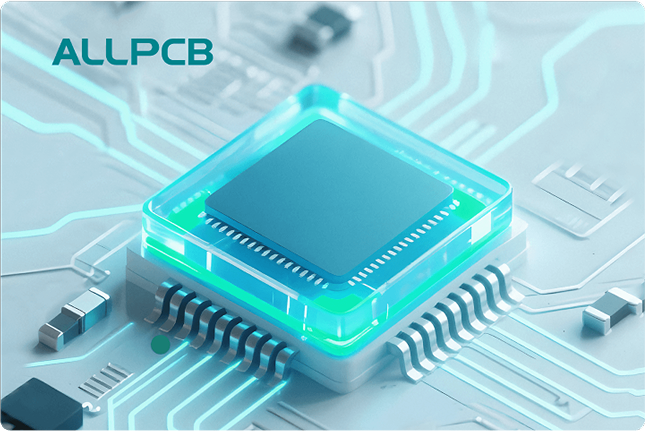In the world of electronics, accuracy is everything, especially in critical measurement systems. High-precision resistors play a vital role in ensuring reliable and accurate performance in applications like medical devices, instrumentation, and industrial controls. These components, including precision thin film resistors and 0.1% resistors, are designed to deliver exceptional stability, low noise, and tight tolerances. But what makes them so essential, and where are they used? In this blog, we’ll dive deep into the world of high-precision resistors, exploring their key features and their indispensable applications in critical systems.
What Are High-Precision Resistors?
High-precision resistors are specialized electronic components engineered to maintain a very accurate resistance value under varying conditions like temperature changes or electrical stress. Unlike standard resistors, which may have tolerances of 5% or higher, precision resistors often achieve tolerances as low as 0.1% or even 0.01%. This means a 1 kΩ resistor with a 0.1% tolerance will only deviate by 1 Ω from its stated value, ensuring near-perfect accuracy.
These resistors, including precision thin film resistors and low noise resistors, are built using advanced materials and manufacturing techniques. They minimize errors in circuits by offering excellent thermal stability (low temperature coefficient of resistance, or TCR, often below 10 ppm/°C) and reduced noise levels. These features make them ideal for sensitive applications where even tiny inaccuracies can lead to significant issues.

Key Features of High-Precision Resistors
Before exploring their applications, let’s break down the defining characteristics of high-precision resistors that make them suitable for critical measurement systems:
- Tight Tolerance: With tolerances as low as 0.1%, these resistors ensure minimal deviation from the intended resistance value, critical for accurate measurements.
- Low Temperature Coefficient (TCR): A low TCR, often between 5 to 25 ppm/°C, means the resistance value remains stable even when temperatures fluctuate.
- Low Noise: Low noise resistors reduce unwanted electrical interference, ensuring clean and reliable signals in sensitive circuits.
- High Stability: Over time, high-precision resistors resist aging and environmental effects, maintaining performance in long-term applications.
- Small Size and High Power Handling: Modern precision resistors are compact yet capable of handling significant power, making them versatile for various designs.
These features are especially important in systems where precision and reliability are non-negotiable, such as medical and instrumentation applications.
Applications of High-Precision Resistors in Critical Measurement Systems
High-precision resistors are used across a wide range of industries where accuracy and reliability are paramount. Below, we explore some of the most common and impactful applications, focusing on how components like instrumentation resistors and medical device resistors contribute to system performance.
1. Medical Devices: Ensuring Life-Saving Accuracy
In medical equipment, precision can mean the difference between life and death. Medical device resistors are used in tools like patient monitors, diagnostic equipment, and imaging systems. These devices rely on accurate measurements of voltage and current to provide correct readings of vital signs or internal body conditions.
For instance, in an electrocardiogram (ECG) machine, high-precision resistors with 0.1% tolerance ensure that the tiny electrical signals from a patient’s heart are measured without distortion. Even a small error in resistance could lead to incorrect readings, potentially misguiding medical professionals. Additionally, low noise resistors are critical in these applications to prevent interference from external or internal electrical noise, ensuring clear signal output.
Another example is in MRI machines, where precision thin film resistors help maintain stable current flow in high-voltage circuits. Their low TCR ensures consistent performance despite the temperature variations that occur during operation.

2. Instrumentation: Precision in Measurement and Testing
Instrumentation resistors are the backbone of devices used for testing and measurement in laboratories and industrial settings. Equipment like digital multimeters, oscilloscopes, and calibration tools depend on high-precision resistors to deliver accurate readings of voltage, current, and resistance.
For example, in a digital multimeter, a precision resistor with a tolerance of 0.1% is often used in the voltage divider circuit to ensure that the displayed measurement is as close to the actual value as possible. A typical setup might use a 10 kΩ resistor with a TCR of 10 ppm/°C to maintain accuracy across a temperature range of -40°C to 85°C. Without such precision, calibration and testing processes could yield unreliable data, leading to costly errors in design or manufacturing.
Low noise resistors also play a key role in instrumentation by minimizing signal distortion, especially in high-frequency testing equipment where noise can significantly impact results.
3. Industrial Control Systems: Stability Under Harsh Conditions
In industrial environments, control systems monitor and regulate processes like temperature, pressure, and flow. High-precision resistors ensure that sensors and control circuits operate with accuracy, even under harsh conditions such as extreme heat, vibration, or humidity.
For instance, in a temperature control system for a manufacturing plant, precision thin film resistors are used in sensor circuits to provide accurate feedback. A resistor with a low TCR of 5 ppm/°C ensures that the resistance value doesn’t drift significantly, even if the ambient temperature rises to 100°C. This stability allows the system to maintain tight control over the process, preventing damage to equipment or products.

4. Aerospace and Defense: Reliability in Mission-Critical Systems
In aerospace and defense applications, high-precision resistors are used in navigation systems, communication devices, and radar equipment. These systems demand components that can withstand extreme conditions while maintaining accuracy.
For example, in a satellite communication system, 0.1% resistors ensure precise signal amplification and filtering. Their low noise characteristics prevent interference in the weak signals received from space, while their high stability guarantees performance over years of operation in the vacuum of space. A typical resistor in such a system might handle power ratings of up to 0.5 W while maintaining a tolerance of 0.05%.
The reliability of these resistors is crucial, as even a minor failure could jeopardize a mission or compromise safety.
5. Automotive Electronics: Precision for Safety and Efficiency
Modern vehicles are packed with electronic systems for safety, efficiency, and comfort. High-precision resistors are used in engine control units (ECUs), battery management systems (BMS), and advanced driver-assistance systems (ADAS).
In a BMS for an electric vehicle, for instance, precision resistors monitor battery voltage and current with high accuracy to optimize charging and prevent overcharging. A resistor with a tolerance of 0.1% and a TCR of 10 ppm/°C can ensure that measurements remain accurate even as the vehicle operates in temperatures ranging from -20°C to 60°C. This precision helps extend battery life and ensures safe operation.
Types of High-Precision Resistors and Their Specific Uses
Not all high-precision resistors are the same. Different types are suited for specific applications based on their construction and properties. Here’s a closer look at some common types:
- Precision Thin Film Resistors: Known for their low noise and excellent stability, these are widely used in instrumentation and medical devices. They offer tolerances as tight as 0.01% and TCR values below 5 ppm/°C.
- Wirewound Resistors: These provide high power handling and are often used in industrial and aerospace applications where durability is key. They can achieve tolerances of 0.1% but may have higher noise levels.
- Foil Resistors: Offering the highest precision (tolerances down to 0.001%), foil resistors are ideal for laboratory calibration equipment and ultra-precise measurement systems.
Choosing the right type depends on the specific requirements of the application, such as noise levels, power rating, or environmental conditions.

Challenges in Using High-Precision Resistors
While high-precision resistors offer incredible benefits, they come with challenges that engineers must address during design and implementation:
- Cost: These resistors are more expensive than standard components due to their advanced materials and manufacturing processes.
- Size Constraints: Achieving high precision in smaller packages can be difficult, especially for applications requiring miniaturization.
- Environmental Sensitivity: Although designed for stability, extreme conditions beyond their rated specifications can still affect performance.
Engineers must balance these challenges with the needs of their systems, selecting components that offer the right mix of precision, durability, and cost-effectiveness.
How to Select the Right High-Precision Resistor for Your Application
Choosing the appropriate high-precision resistor involves several considerations to ensure optimal performance in critical measurement systems:
- Determine Required Tolerance: For applications like medical devices, a tolerance of 0.1% or lower may be necessary.
- Assess Temperature Range: Select a resistor with a low TCR if the system will operate in varying temperatures.
- Evaluate Noise Levels: Use low noise resistors in sensitive applications to avoid signal interference.
- Check Power Rating: Ensure the resistor can handle the power demands of the circuit without overheating.
- Consider Long-Term Stability: For systems with long operational lifespans, prioritize resistors with minimal aging effects.
By carefully evaluating these factors, engineers can ensure their designs achieve the desired accuracy and reliability.
Future Trends in High-Precision Resistor Technology
As technology advances, high-precision resistors are evolving to meet the demands of emerging applications. Miniaturization is a key trend, with manufacturers developing smaller components without sacrificing accuracy. Additionally, improvements in materials are leading to even lower TCR values and enhanced noise reduction, expanding the use of these resistors in cutting-edge fields like IoT devices and wearable technology.
Another exciting development is the integration of smart features, such as temperature compensation built into the resistor itself, reducing the need for external calibration. These innovations promise to make high-precision resistors even more versatile and efficient in critical systems.
Conclusion
High-precision resistors, including precision thin film resistors, 0.1% resistors, and low noise resistors, are indispensable in critical measurement systems across industries like medical, instrumentation, industrial, aerospace, and automotive. Their ability to deliver accurate, stable, and noise-free performance ensures the reliability of life-saving devices, precise testing equipment, and mission-critical applications. By understanding their features, applications, and selection criteria, engineers can harness the full potential of instrumentation resistors and medical device resistors to build systems that perform flawlessly under any condition.
Whether you’re designing a patient monitor or a satellite communication system, the right high-precision resistor can make all the difference. As technology continues to advance, these components will only become more integral to the future of electronics, driving innovation and precision in every field they touch.
 ALLPCB
ALLPCB


